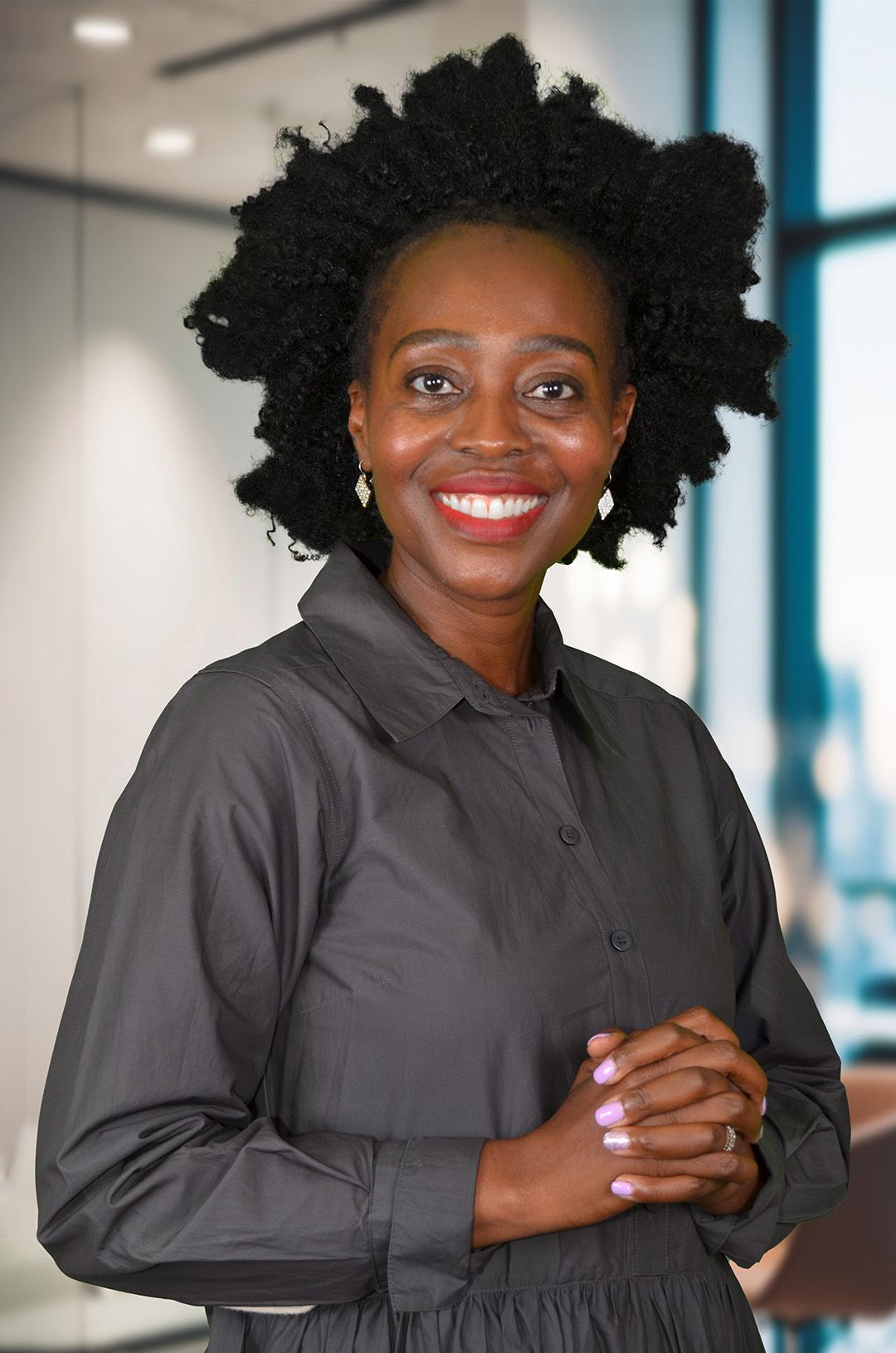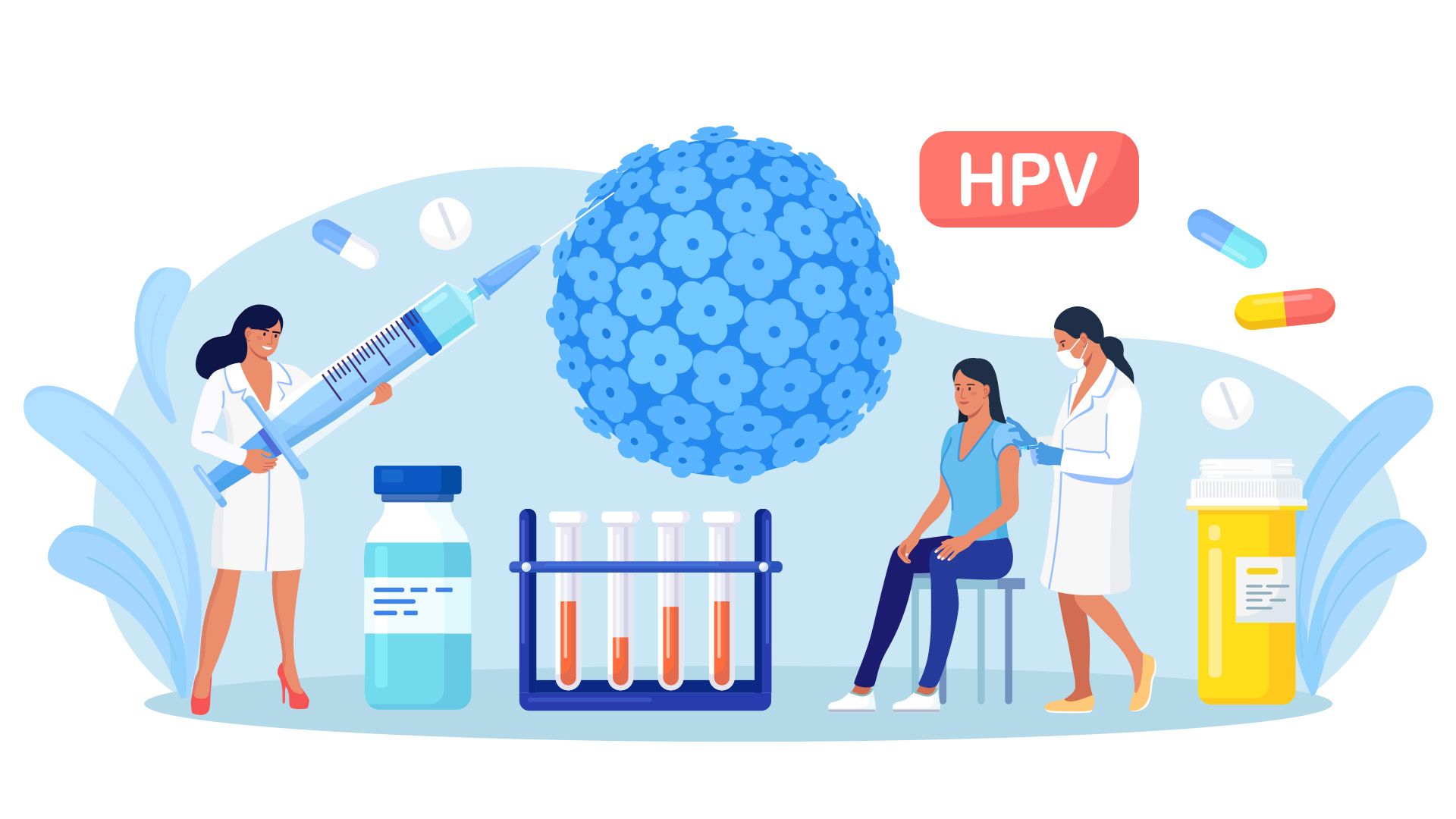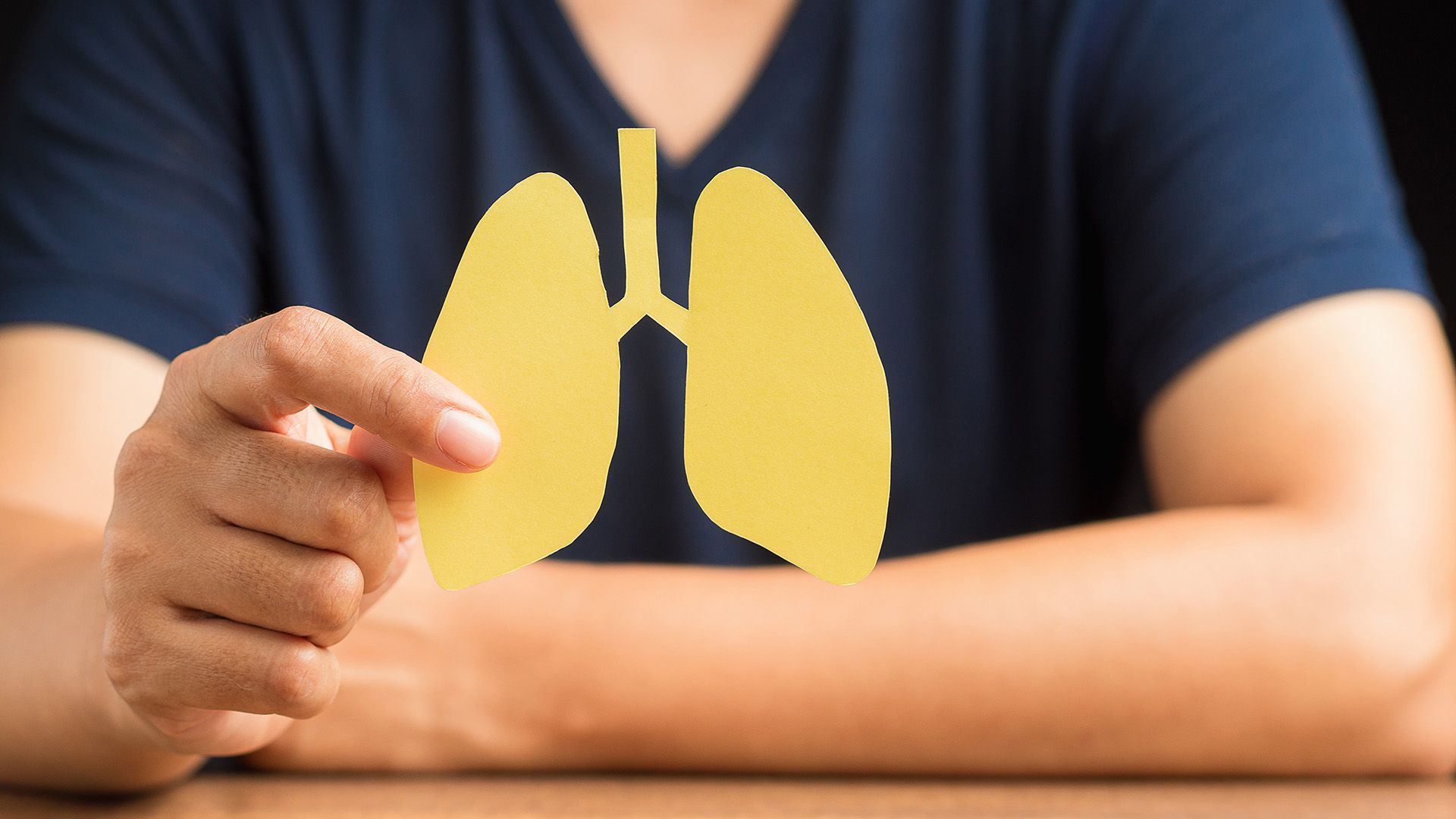Let’s talk about cervical cancer
Awareness is power – getting vaccinated and screened can save your life
A collaborative partnership is set to spark a vital conversation among students at Tshwane University of Technology (TUT) – Soshanguve Campus, about the vaccine that can protect against cervical and other cancers and save thousands of lives every year.
On 14 August, multinational healthcare company Universal Healthcare teamed up with the National Department of Health (NDoH), the South African Vaccination and Immunisation Centre (SAVIC), and Merck Sharp & Dohme (MSD) for a dedicated awareness day on campus.
“More than just spreading information, our goal is to inspire young people to take real action – vaccinating themselves and their communities against the human papillomavirus (HPV), the leading cause of cervical cancer and other devastating illnesses.
“Cervical cancer continues to take too many lives in South Africa – about 10 700 new cases and over 5 800 deaths annually,” says Dr Nono Ledwaba-Mweli, Medical Director of Universal Care.
“This is a preventable disease, yet far too many women lose their lives because they don’t have access to the right information about HPV and the vaccine. Breaking through fear and misinformation is essential. Students have the power to protect themselves and influence others to do the same,” she adds.
“Young people are the heartbeat of the future. Awareness is the first and most critical step in prevention. When students understand HPV and cervical cancer, they gain the knowledge to make life-saving decisions, not just for themselves, but also for their families and wider communities,” Dr Nono notes.

Preventing HPV is about more than health – it is about protecting families, communities and even the economy. When more women are vaccinated, fewer cancer cases follow, more lives are saved, healthcare systems are less burdened, and everyone benefits says Dr Nono Ledwaba-Mweli, Medical Director of Universal Care.
HPV is a virus mainly spread through sexual contact and is extremely common. Of the many strains, around fifteen are high-risk for causing cervical cancer. “Types 16 and 18 alone cause nearly 70% of cervical cancer cases worldwide. The vaccine protects against these strains and others. Getting vaccinated and regularly screened are simple yet powerful steps that save lives,” explains Dr Nono
“Preventing HPV is about more than health – it is about protecting families, communities and even the economy. When more women are vaccinated, fewer cancer cases follow, more lives are saved, healthcare systems are less burdened, and everyone benefits,” she adds.
South Africa was a pioneer in Africa, introducing HPV vaccination into the national immunisation programme in 2014, targeting girls before their first sexual encounter. Yet, vaccine uptake remains disappointingly low.
“Stigma and myths still hold many back,” says Dr Nono. “Students can be the changemakers, shattering misinformation by sharing facts and encouraging one another to get vaccinated.”
Efforts to combat cervical cancer include vaccination programmes and screening initiatives, but challenges remain, especially in reaching enough people with the proper knowledge and follow-up care.
“This campaign, scheduled to be held in August at TUT and in September at SMU, is a chance for students to join a movement bigger than themselves. Awareness is not just information; it is power. Your voice can influence friends, family, and communities. By supporting this campaign, you are helping build a healthier future for South Africa’s women,” encourages Dr Nono.
“Cervical cancer does not have to be a death sentence, but we can only beat it if we expand understanding and act together. Students, this is your moment – get involved, spread the word, and help save lives,” she concludes.
Universal Healthcare and its partners will be on site at TUT on Thursday, 14 August, to provide information and answer questions. Students who participate can enter a competition by scanning a QR code for a chance to win a prize—a small thank-you for supporting this crucial cause.
What is cervical cancer?
Cervical cancer develops from infection with high-risk types of HPV; a virus mainly spread through sexual contact. Over 100 HPV types exist, but about fifteen are linked to cervical cancer. Types 16 and 18 account for approximately 70% of cases globally, while types 31, 33, and 45 comprise the remainder. Together, these five types account for over 82% of cervical cancer worldwide.
What every woman needs to know:
- Cervical cancer claims the life of one woman every two minutes worldwide (WHO).
- It is caused primarily by persistent infection with high-risk HPV types.
- Up to 80% of sexually active women will get an HPV infection at some point; nearly half involve high-risk types linked to cancer (CDC).
- The best prevention is vaccination against the most dangerous HPV strains.
- Regular screening (Pap smears and HPV tests) remains essential for early detection and prevention.
Why vaccination matters:
- HPV types 16, 18, 31, 33 and 45 cause over 82% of cervical cancer cases worldwide.
- South Africa was the first African country to include HPV vaccination in its national immunisation programme in 2014.
- Vaccination before the first sexual encounter offers the strongest protection, but benefits women of all ages.
- Vaccination combined with regular screening provides the best defence against cervical cancer.
References
- Cancer Association of South Africa (CANSA). Cervical Cancer. 2025. Available at: https://cansa.org.za/cervical-cancer/
- World Health Organization (WHO) Africa Regional Office. Cervical Cancer. 2025. Available at: https://www.afro.who.int/health-topics/cervical-cancer
- World Cancer Research Fund. Cervical Cancer Statistics. 2025. Available at: https://www.wcrf.org/preventing-cancer/cancer-statistics/cervical-cancer-statistics/
- ICO HPV Information Centre. Human Papillomavirus and Related Disease Report. 2016. Available at: https://hpvcentre.net/statistics/reports/ZAF_FS.pdf
About Universal Care
Universal Care is an unconditionally accredited Managed Care Organisation with the Council for Medical Schemes (CMS), delivering personalised, patient-specific managed care services. With a track record spanning over two decades, Universal Care provides comprehensive and integrated solutions to financial and clinical risk management.
About Universal Healthcare Group
Universal Healthcare, the largest independent company of its kind in South Africa, has been one of the fastest-growing companies in the healthcare industry for more than a decade. Touching the lives of several million people worldwide, this specialist-integrated healthcare company has a multinational footprint with offices in South Africa and a presence in the Indian Ocean Islands and the United States.
Owner-managed and run by a hands-on entrepreneurial team passionate about delivering excellence and a strategic vision for sustainable, appropriate healthcare, Universal is a leader in third-party administration, integrated healthcare management, managed care, pharmaceutical benefit management, corporate wellness, insurance, and technology services.
Patients come first at Universal, and we always ensure they have access to the best and most appropriate care available. Our personalised healthcare management approach and patient care are what set us apart. This, together with our sophisticated and proprietary IT systems, patented transaction rules engine and international evidence-based medical protocols, is why more than thirty healthcare funds in South Africa have entrusted their members to Universal.
The company's innovation hub is based in San Francisco, in the heart of Silicon Valley, where we have access to the finest global talent. Our multi-national team of technology and healthcare experts operates from France, the United Kingdom, South Africa and the USA, among other countries.













